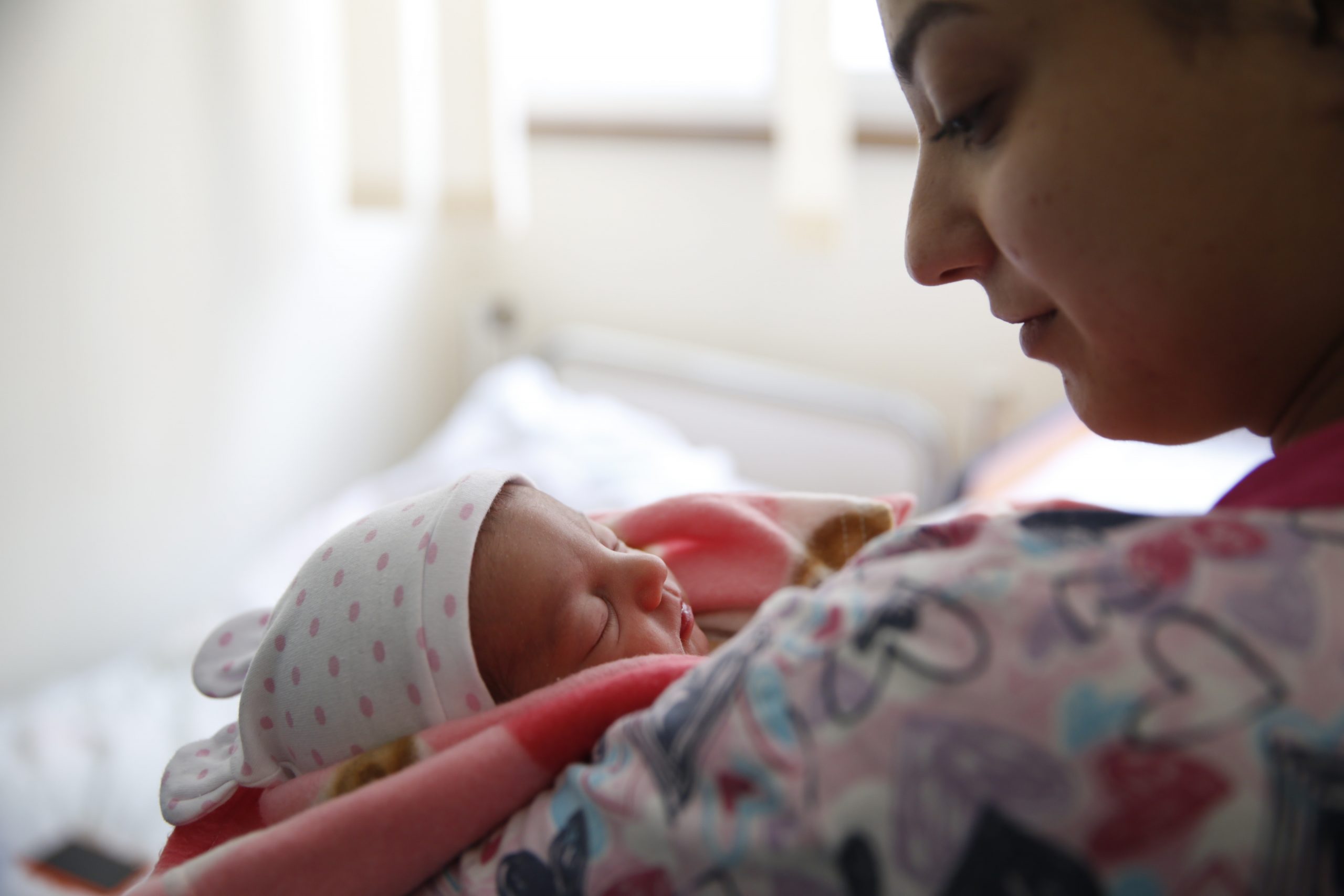Young people in the Central African Republic, Chad, Nigeria, Guinea and Guinea-Bissau are most at risk from the effects of climate change. That is the result of the first UNICE climate risk index for children. Climate change threatens their health, education and protection, and exposes them to deadly diseases.
This is mentioned in today’s UNICEF report.
The Climate Crisis Is a Child Rights Crisis: Introducing the Childrens Climate Risk Index (CCRI) is the first comprehensive analysis of climate risk from the perspective of children. “The climate crisis is a children’s rights crisis: introduction of the climate risk index for children“ranks countries according to how vulnerable children are to climate and environmental shocks such as eddy currents and heat waves, based on their access to basic services.
The report, published in partnership with Fridays for Future on the third anniversary of the youth-led global climate strike movement, shows that approximately one billion children, almost half of the 2.2 billion children in the world, live in one of the 33 countries These children are exposed to a lethal combination of a variety of climate and environmental shocks and high vulnerability from inadequate basic services such as water and sanitation, health care and education. The results reflect the number of children who that are already affected today, a number that is likely to increase as the effects of climate change increase.
“For the first time we have a complete picture of where and how children are at risk from climate change, and that picture is almost unimaginably terrible. Climate and environmental shocks undermine the full spectrum of children’s rights, from access to clean air, food and safe water to education, housing, and freedom from exploitation and even their right to survive. Virtually no child’s life will be left untouched,” says Henrietta Fore, UNICEF Executive Director says. “For the past three years, children around the world have been speaking out to demand action. UNICEF supports their calls for change with an unmistakable message: The climate crisis is a crisis of children’s rights.”
The Children’s Climate Risk Index shows that:
- 240 million children are highly exposed to coastal flooding;
- 330 million children are highly exposed to flooding on rivers;
- 400 million children are at great risk from eddy currents;
- 600 million children are highly exposed to vector-borne diseases;
- 815 million children are exposed to high levels of lead pollution;
- 820 million children are severely affected by heat waves;
- 920 million children are severely exposed to water scarcity;
- One billion children are exposed to extremely high levels of air pollution.
While almost every child in the world is at risk from at least one of these climate and environmental threats, the data shows that the worst-hit countries are exposed to multiple and often overlapping shocks. These undermine development progress and threaten to exacerbate the plight of the children.
According to estimates, 850 million children, one in three worldwide, live in areas where at least four of these climate and environmental shocks occur. No fewer than 330 million children 1 in 7 children worldwide live in areas affected by at least five major shocks.
The report also shows a discrepancy between where the greenhouse gas emissions are generated and where the children are most affected by the climate-related effects. The 33 extremely endangered “countries together emit only 9 percent of global CO2 emissions. Conversely, the 10 countries with the highest CO2 austerities are responsible for almost 70 percent of global emissions. Only one of these countries is listed in the index as extremely risky” classified.
“Climate change is deeply unfair. While no child is responsible for the rise in global temperatures, they will pay the greatest price. Children from the least responsible countries will suffer the most,” Fore says. “But there is still time to act. Improving children’s access to basic services such as water and sanitation, health and education can greatly improve their chances of surviving these climate threats. UNICEF urges governments and companies to listen to the children and prioritize actions that will protect them from the effects of climate change while accelerating work to drastically reduce greenhouse gas emissions.”
Without urgent action to reduce greenhouse gas emissions, children will continue to suffer the most. Compared to adults, children need more food and water per unit of body weight, are less able to survive extreme weather events, and are more susceptible to toxic chemicals, temperature changes, and disease, among other things.
UNICEF calls on governments, companies and relevant stakeholders to:
- More investment in climate adaptationand resilience to essential services for children: To protect children, communities and the most vulnerable from the worst effects of the already changing climate, essential services need to be adapted, including water, sanitation and hygiene systems, health and education services.
- Reducing greenhouse gas emissions: Avoiding the worst effects of the climate crisis requires comprehensive and urgent action. Countries must reduce their emissions by at least 45% by 2030 (compared to 2010 levels) in order to limit warming to a maximum of 1.5 degrees Celsius.
- Children must Enlightened about climate changeso that they can adapt and prepare for the effects of climate change. Children and young people will feel the devastating consequences of the climate crisis and the unsafe water supply in full, although they are least responsible for it. We have an obligation to all young people and future generations.
- Include young people in all national, regional and international climate negotiations and decisions, including at COP26: Children and young people have to take part in all climate-relevant decision-making processes be included.
- Ensure the recovery from the COVID-19 pandemic is green, low carbon and inclusive so that the ability future generations to cope with the climate crisisand responding to it is not impaired.














